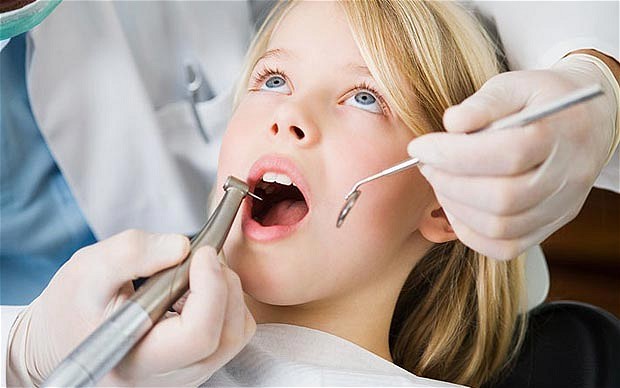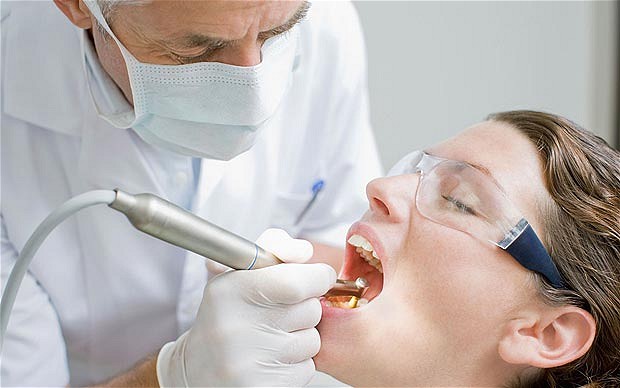Fillings ‘could do more harm than good’ if technique not right, dentists warn
Fillings could increase the risk of decay in neighbouring teeth, dentists warn, as they say the wrong approach can lead to damage
Fillings could do more harm than good, senior dentists have warned, as they called on colleagues to ensure they use up-to-date techniques.
Done badly, the practice can increase decay, and mean more fillings are needed in other teeth, dentists said.
Here at Planet Dentistry, Dr. Jerry Vasilakos agrees with the experts who believe the trauma caused by the initial filling may explain why neighbouring teeth become prone to infection.
The research, published in the Journal of Dentistry, showed some dentists are more likely than others to have patients who develop new decay after a filling.
Health professionals said it suggested that the techniques being used were a key factor.
Professor Damien Walmsley, spokesman for the British Dental Association, said: “This study
highlights the fact that dental intervention can cause more harm than good.
“More research is urgently needed to find out why dentists could be causing these problems.”
The study found six out of 10 teeth which were next to a filling had also decayed after five years.
Almost 30 per cent of these needed filling. Professor Walmsley, a leading dental expert at Birmingham University, said: “Once a dentist has gone into a tooth, they may accidentally damage another tooth. Dentists need to keep up to date with the latest techniques to ensure they don’t damage other teeth when they do a filling.”
The experts stressed that patients should have fillings, as there is no other solution when teeth are decayed to the extent they need replacement.
But they said dentists must be careful with their approach, using “minimal intervention” to reduce the chance of damaging teeth.
They also said patients needed to be particularly careful about taking care of their teeth after a filling, reducing sugar intake and brushing properly.
Simen Kopperud, of the Nordic Institute of Dental Materials in Oslo, Norway, who led the study, said: “It is highly possible that the intervention by the dentist causes a problem in adjacent teeth. Fillings are not an ideal solution but at the moment it’s the best solution we have.”
Dr Kopperud said dentists “need to be aware of the risks” and consider greater use of new treatments. He also urged patients to be vigilant about oral hygiene once they have had a filling.
The risk of decay is higher in patients who eat sugary snacks and drinks or do not brush teeth properly.
“Dentists should think very carefully about what they are doing and as dentists we need all to keep up to date and be aware of new methods to minimise damage to patients’ teeth.”
Last week ministers released a controversial official report calling for a tax of up to 20 per cent on sugary drinks and foods.
The study by Public Health England (PHE) says the NHS could save £15bn and save almost 80,000 lives in a generation by taking measures to wean the public off its sweet tooth.
The report warns that today’s children and teenagers are consuming three times the recommended level of sugar, with adults faring almost as badly.
The dossier was the subject of fierce rows, revealed by the Telegraph, sets out the case for higher taxes on sugary foods, which the Prime Minister opposes.
However, the report says a ban on advertising of junk foods during family television viewing, and restrictions on marketing and cut-price promotions could do more to address the country’s bulging waistlines.
It also calls for the removal of sweets, chocolate and fizzy drinks from supermarket tills and ends of aisles. The British Dental Association is backing a sugar tax, which it said was a “no brainer” approach to prevention of tooth decay.
Planet Dentistry and Dr. Gerry Vailakos agree with Prof Walmsley who said: “It’s a scandal that one in eight three-year-olds currently experiences tooth decay.”



